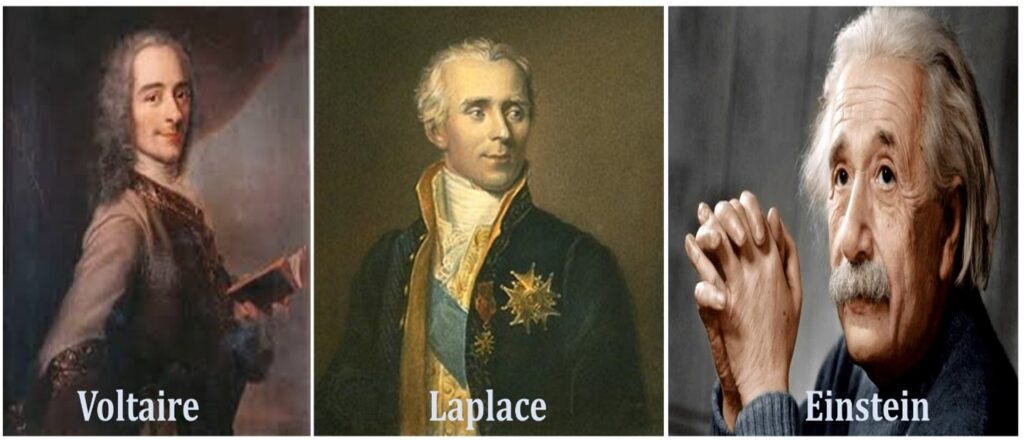
Indians have been pioneers in many fields, especially where it involves grey matter. Mathematics is no different. India’s love affair with mathematics is millennia old and forms the very foundation of many scientific inventions and discoveries.
Precision and calculation go hand in hand in India. No language is more precise than Sanskrit in expressing anything imaginable without ambiguity. Indian hit a six off the very first ball by doing Ganita in Sanskrit. ‘Gana’ means to count or to enumerate. It was India’s trump card back then.
One of the earliest references to Mathematics can be found in the Indian Vedic literature. The Vedas are an encyclopaedia of knowledge and there’s hardly anything that these scriptures don’t talk about. The Europeans and Americans might have discovered many things, but Indians have always been many steps ahead, though a certain breed of scholars refuses to acknowledge it.
After realizing the depth of Indian treatises, a top American philosopher William James exclaimed, “From the Vedas, we learn a practical art of surgery, medicine, music, house building under which mechanised art is included. They are an encyclopaedia of every aspect of life, culture, religion, science, ethics, law, cosmology and meteorology, culture, religion, science, ethics, law, cosmology and meteorology.”
India has been the birthplace of many mathematical concepts. From decimal systems to inventing zero, Indians have always been a step ahead and a class apart. Indians possess a unique characteristic – “humility” – that differentiates them from the rest of the world. Unlike the cruelty of the colonial British, this trait helped India achieve many feats successfully.
Giving is our second nature and it’s applicable when it comes to sharing knowledge as well. Renowned American writer, philosopher and historian Will Durant, acknowledges this fact. “It is true that even across the Himalayan barrier India has sent to the west, such gifts as grammar and logic, philosophy and fables, hypnotism and chess, and above all numerals and the decimal system,” said Durant.
Mathematical discoveries were made on Indian soil thousands of years before the Europeans found their so-called breakthroughs. Being slow is their second nature, I guess! Their ignorance is ironic at times. Even after realising that Indians long made many mathematical discoveries, they continue to conveniently ignore these facts. Call it stubbornness or the inability to accept the truth; they continue to believe that their predecessors discovered it all. There’s no greater mathematical invention than that of the number system. It comes with a ‘Made in India’ tag.
It would have been incomplete without zero or “shunya” as it is termed in Sanskrit. The whole world would have been in a void state had it not been for India. We gave the world zero and helped them become heroes. This Zero has the power to turn a pauper into a prince and vice versa. The buck doesn’t stop there. Our ancient Indian saints also made significant contributions to algebra, trigonometry, algorithm, negative numbers, square root and cube root, to name a few.
While it is certain that zero was born in India, there are conflicts over who invented it – Aryabhata or Brahmagupta. The first recorded zeros were in the Bakhshali manuscript. Here, they were used as mere placeholders. However, the progression of zero from a symbol to a number took place much later. Whatever the case, it’s not Mesopotamia or Mayans who invented zero. That’s a farce! It’s an Indian that brought zero into the world.
In the famous book, ‘The Universal History of Numbers’, eminent French historian of mathematics Georges Ifrah says just that. “A thousand years ahead of Europeans, Indian savants knew that the zero and the infinity were mutually inverse notions,” says Ifrah. Lancelot Thomas Hogben, a British medical statistician and zoologist, seconded Ifrah. “In the whole history of Mathematics, there has been no more revolutionary step than the one which the Indians made when they invented the sign 0 for the empty column of the counting frame,” said Hogben. At least a handful of Europeans accepted the truth.
Leading American historian and author Stanley Wolpert eulogises India: “Zero, this modest and most valuable of all numerals, is one of the subtle gifts of India to mankind. Our decimal system, place notation, numbers 1 through 9, and the ubiquitous 0, are all major Indian contributions to world science. Without them, our modern world of computer sciences, earth-launched satellites, microchips, and artificial intelligence would have been impossible.” He couldn’t have worded it more precisely.
Aryabhata is also renowned for being the first person to calculate the value of “Pi”. This master astronomer was one of the first to proclaim that the Earth is round and enlightened us with many more interesting discoveries in his magnum opus Aryabhatiya. While the western world continues to believe that Greek philosophers discovered this fact first, Aryabhata did it much earlier. Time to rewrite correct history, maybe?
Brahmagupta of the 7th Century holds the distinction of being the first person to discover formulas to solve the quadratic equation – not Simon Stevin of the 16th Century. Brahmagupta of Rajasthan also significantly contributed to the working of positive and negative numbers. Another noted mathematician Bhaskaracharya was a pioneer in algebra. He discovered gravity centuries before Sir Isaac Newton and was successful in accurately calculating Earth’s revolution. But the world still believes Newton’s apple came first. Wish gravity would bring them down to Earth!
Bhaskaracharya’s mathematical works Lilavati and Bijaganita, dating back to the 12th Century, are considered superior. Famous German mathematician Hermann Hankel was mesmerised by Bhaskaracharya’s works. “It (Bhaskara’s Cakravala method, today known as inverse cyclic method) is beyond all praise: it is certainly the finest thing achieved in the theory of numbers before Lagrange,” exclaimed Hankel.
Indian saints were genius and their contribution to mathematics remains unparalleled. The greatest French mathematician of all time, Pierre Simon de Laplace, was all praise for our ancestors. “It is India that gave us the ingenious method of expressing all numbers by ten symbols, each receiving a value of position as well as an absolute value, a profound and important idea which appears so simple to us that we ignore its true merit. The idea escaped the genius of Archimedes and Apollonius,” proclaims Laplace.
Varahamihira of the 6th Century also made salient contributions to the field of trigonometry. This included sine and cosine tables to four decimal places of accuracy. British historian, Dr A. L. Basham, rightly points out that Indians succeeded in mathematics because “they had a clear conception of the abstract number as distinct from the numerical quantity of objects or spatial extension.”
The ancient seers proposed theories and number systems that laid the foundation of mathematics. In the book, Surya Siddhanta, written way back in the 5th Century, systems of trigonometry and theorems were explained which were unknown to Europeans till two centuries later.
Many westerners have critically acclaimed Indian mathematicians while doubting their own. French philosopher Francois Voltaire once proclaimed, “It is very important to note that some 2,500 years ago Pythagoras went from Samos to the Ganges to learn geometry. But he would certainly not have undertaken such a strange journey had the reputation of the Brahmins’ science not been long established in Europe.” Another German Indologist, Leopold von Schroeder, remarked, “Nearly all the philosophical and mathematical doctrines attributed to Pythagoras are derived from India.” While this has been proven time and again, it is Pythagoras whom the world worships. It’s time we bring India to the forefront by revealing the truth.
India has established its prowess in Mathematics from time immemorial. It has not only inspired westerners but also left a lasting impression on their minds. When mathematics and genius are used in the same sentence, Indians can never be left out.
Now finally, let’s hear directly from the horse’s mouth – Albert Einstein: “We owe a lot to the Indians, who taught us how to count, without which no worthwhile scientific discoveries could have been made.” Hope these great words of great Minds zero out our doubt against the intellectual strength of our ancestors.









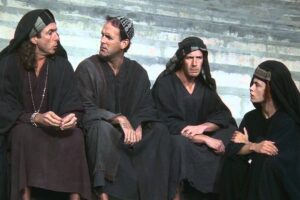


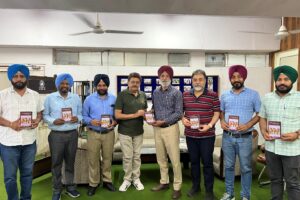



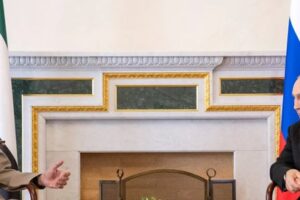



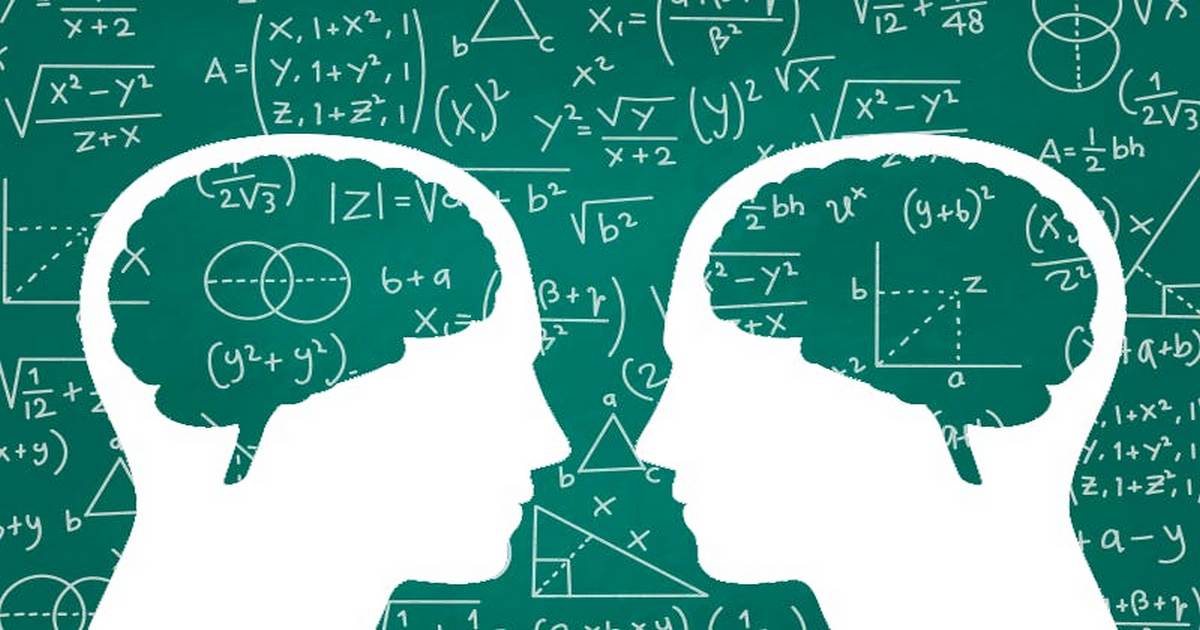








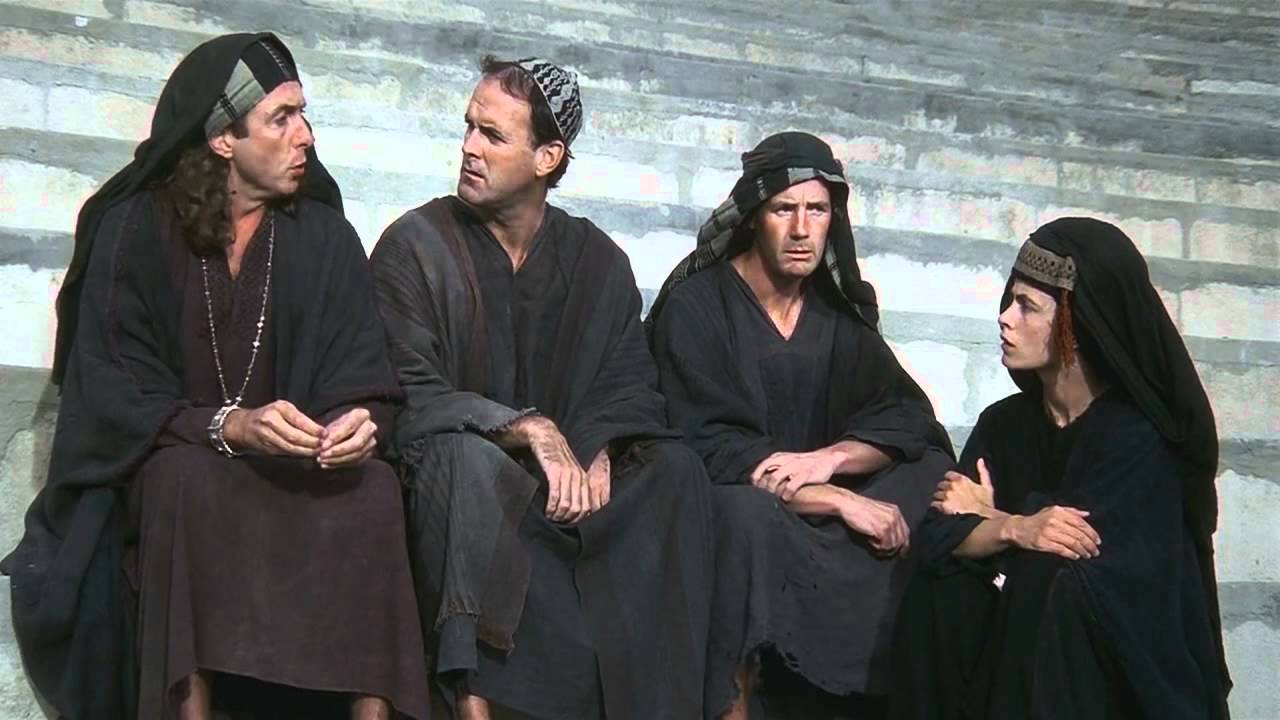


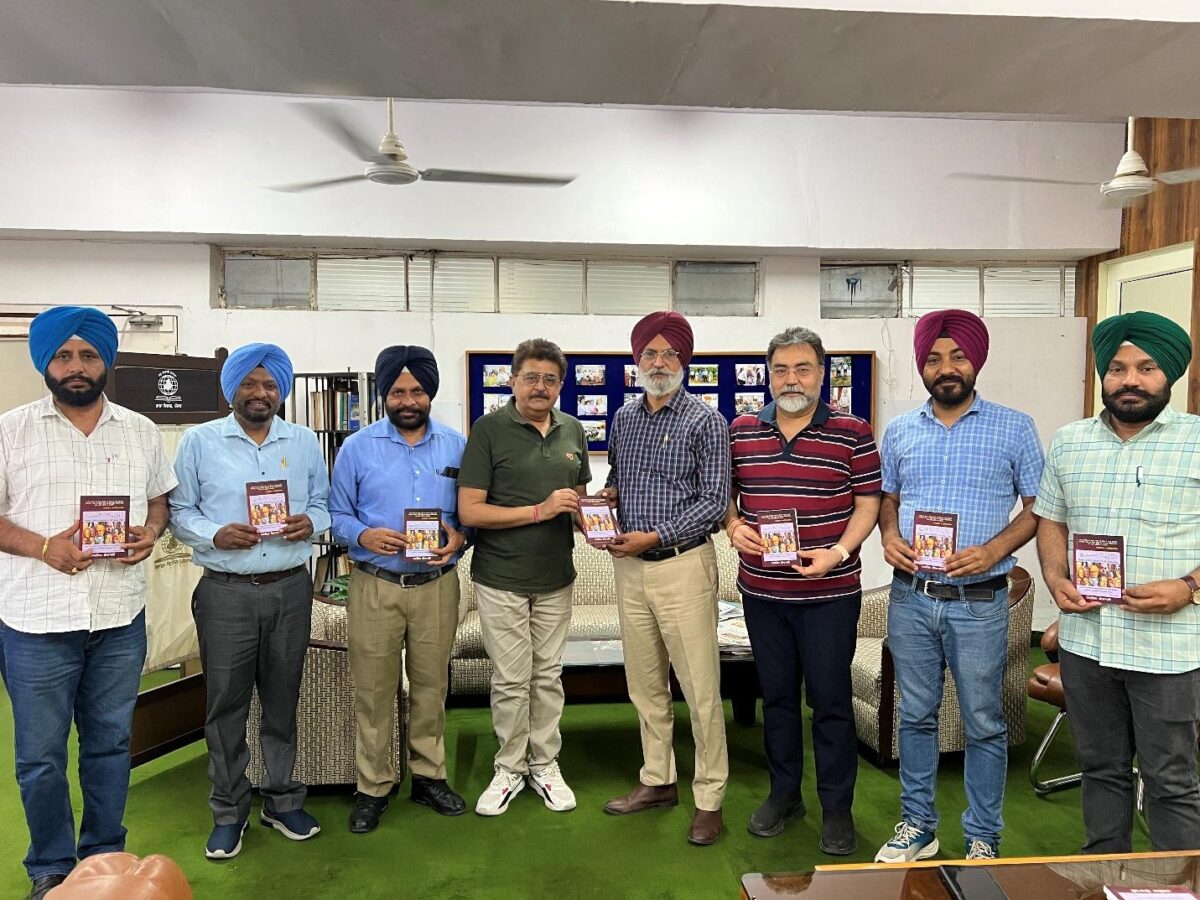




A great and historic news for India .We are proud of this news which has been made possible just because of the book written by you “Great Minds on India”. Very very big Congratulations Bhai.